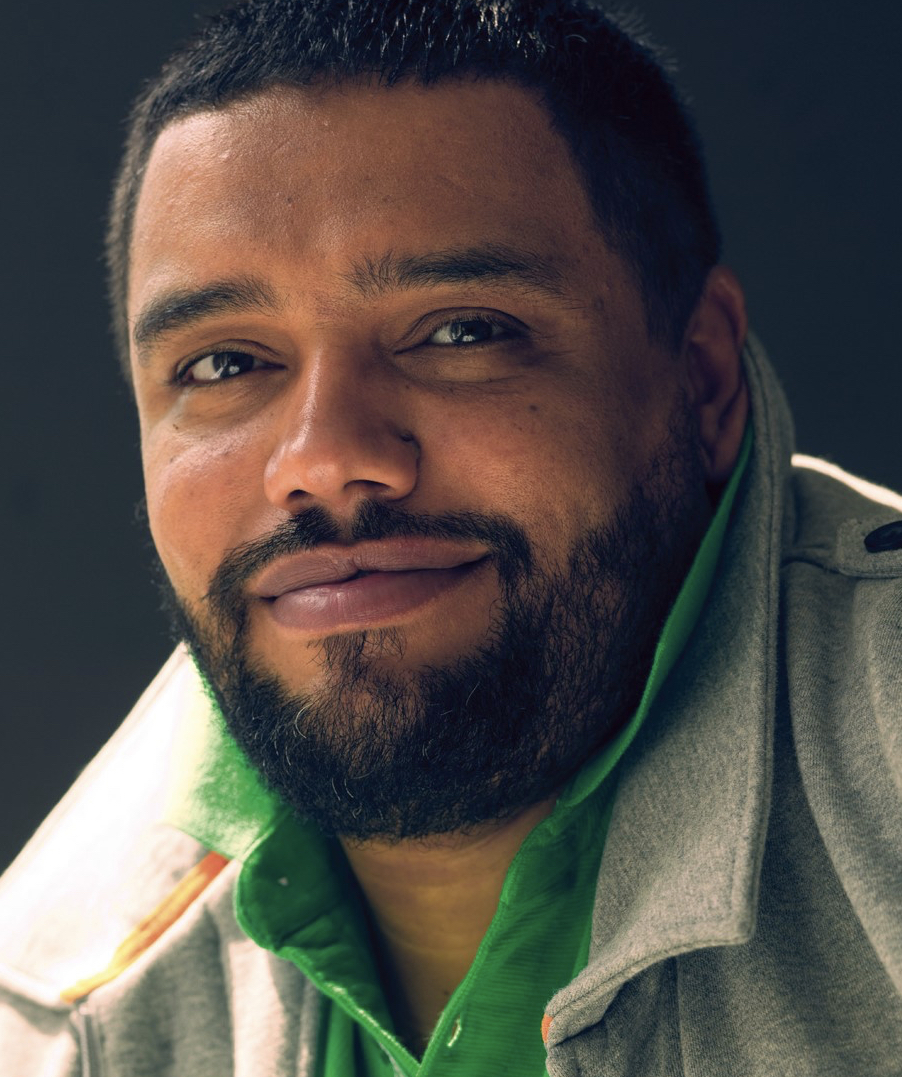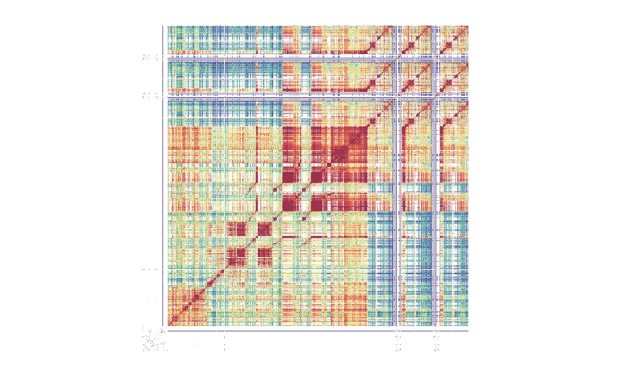A documentary on the complexities of the legacies of enslavement
- 28 March 2023
- 3 minutes
Jendayi Omowale (History MPhil 2022) is making the University of Cambridge ThinkLab’s first documentary, a project on the legacies of enslavement focusing on the Sandbach Tinne family.
Jendayi’s own research focuses on enslaved people in St Kitts and Nevis, and the plantation sugar boom in late 17th century to mid-18th century. She was born in Trinidad and grew up in St Kitts, before studying for her undergraduate degree in journalism, dramatic literature and history at New York University.
The University of Cambridge ThinkLab brings together students and researchers with industry experts to work on big picture challenges and create real world impact, with Jendayi keen to re-position conversations and research on the trans-Atlantic slave trade.
“We’re trying to show Black people in academia are front and centre in their own stories, to re-centre enslaved people in their histories,” she says.
“Institutions like Cambridge are really starting to dig into their own histories of entanglement with legacies of enslavement.
“But the enquiry report, for example, is still presented in a very academic manner that can feel closed off to communities that are affected by it.
“I want to comfort people and let them know that there are people actually affected by legacies of enslavement involved in this work, and finding ways to navigate these histories which are painful for people who are descendants of Afro-Caribbean people and people who were involved in colonialism.
“I am finding ways to tell those stories with empathy and sensitivity, and letting people know that those stories aren’t going to be locked up in an academic journal somewhere. I’ll try my best to make it accessible.”
ThinkLab in action! Meeting on the Sandbach Tinne project in our favorite location, The Oriel Room @pittbuilding.
And a quick hello to History student Jendayi Omowale (@CaiusCollege, @CamHistory) hard at work creating our first ever #research #documentary.#cambridge pic.twitter.com/jC3uv9Yt2o— University of Cambridge ThinkLab (@ThinkLabCam) February 23, 2023
Jendayi’s documentary is to be 15 to 20 minutes long and targeted at a wide audience.
She says: “Documentaries combine all modes of storytelling, people can engage with it at levels that make them feel comfortable and they can understand these complex issues.
“Even though this history was long ago we still have very real connections to it. It’s something that has tangible and lasting effects today; you can’t make history seem like a relic of the past, you have to make it relevant to today.
“I want to make it feel more like a conversation you would have over dinner than a lofty academic discussion.”
Central to the documentary is Malik Al Nasir, pictured, a PhD student at St Catharine’s College, who is tracing his own mixed ancestry back through his paternal line, to slavery and colonialism in British Guiana and the Caribbean.
Malik’s story – “The chances are I am related to the slave owners and the slaves,” he says in a piece on the BBC website – shows the complexities.
“All of these institutions looking into the legacies of slavery is long overdue,” Jendayi adds.
“It’s a very complicated history. I don’t think it’s something that has any straightforward answers yet, but to show there’s a complicated conversation happening in this area and it can’t be over by any means.
“I’m going to make sure to contextualise this. I’m not going to make it seem like a simple thing. The case of reparations is going to be something that people are going to have to think about personally, individually and also as a community.
“We’re trying to prioritise equity, diversity and inclusion. We want to make sure as many people from affected communities as possible are involved.”
:: More information on the Sandbach Tinne Project is on the Centre for Digital Humanities website: The Sandbach Tinne Programme - CDH (cam.ac.uk)


